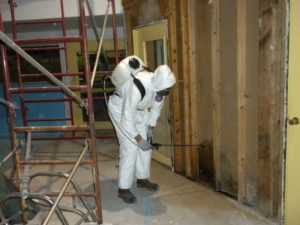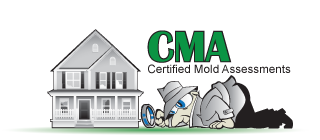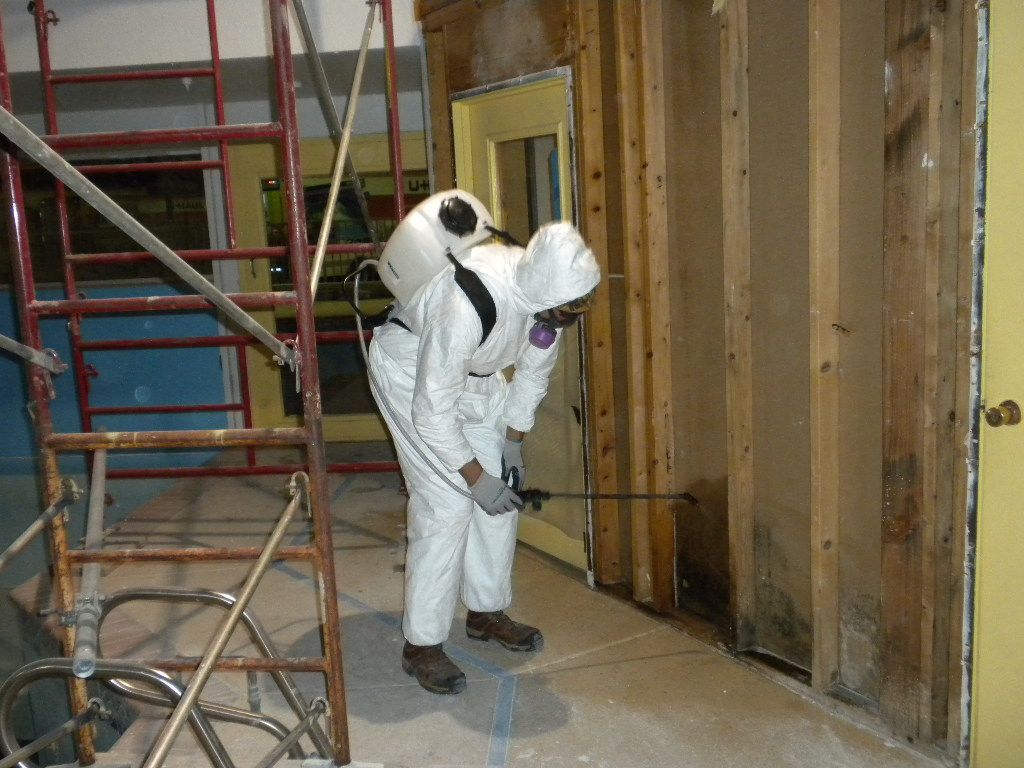 So you heard about the dangers of a residential mold invasion, and you wanted to make sure that didn’t happen to you. After all, you’ve put a lot of money and hard work into buying and maintaining this property. You can’t let some microscopic organism wreak havoc on the safety and value of that investment – not to mention the physical health risks of exposure to mold.
So you heard about the dangers of a residential mold invasion, and you wanted to make sure that didn’t happen to you. After all, you’ve put a lot of money and hard work into buying and maintaining this property. You can’t let some microscopic organism wreak havoc on the safety and value of that investment – not to mention the physical health risks of exposure to mold.
Your first thought was to call a mold-testing specialist to come in and perform a detailed assessment. This is a good idea, provided you find a certified specialist. Mold can be very difficult to detect by sight or even smell, although it does give itself away in many cases. In others, however, mold hides behind the infrastructure of the home, or in other hard-to-reach places. Special instruments (including infrared pictures to look for humidity and heat sources behind walls) are used to pinpoint the problem areas, and samples taken from these areas are tested in a lab to determine the severity and type of mold invasion.
Or, as happens in many cases, there is no mold problem at all, and you pay a minor charge for the mold assessment services. This is actually the ideal situation. It means you have the peace of mind of knowing that you don’t have a mold problem on your hands; but at the same time, prevention is still key. Just because you don’t have a mold problem today doesn’t mean your property can’t develop mold in the future. That’s why it’s important to know how mold works, and develop a basic prevention plan to keep mold from growing.
But let’s say you’re not so lucky. Let’s say your mold-testing specialist says you do have a problem, and you’re in definite need of mold remediation (or mold removal) services. What do you do then? Do you simply take this professional at his or her word, and go forward with a costly procedure? Or is there reason to question what you’re being told?
In many ways, this is not unlike a situation where a mechanic tells you there is something wrong with your transmission, or some other vital area of your vehicle. Do you have the technical expertise to go in and confirm it for yourself? Or do you simply agree to the contract and let the mechanic go to work, even if part of you fears you’re being misled?
In mold removal as in car repair, the answers to these questions all come down to the reputability of the contractor. If this is a professional who has established a strong reputation in the community, who seems friendly, and who encourages you (if you have any doubts) to double check the diagnosis with another contractor, these are all good signs. It suggests the contractor has no intentions of misleading people, and understands that their own success and reputation will suffer if they do so (especially due to the power of negative reviews on social media).
Above all, make sure to ask your mold testing specialist plenty of questions, and if a remediation project is recommended, it may be worth your time (and peace of mind) to check with another contractor before choosing which one to hire.

